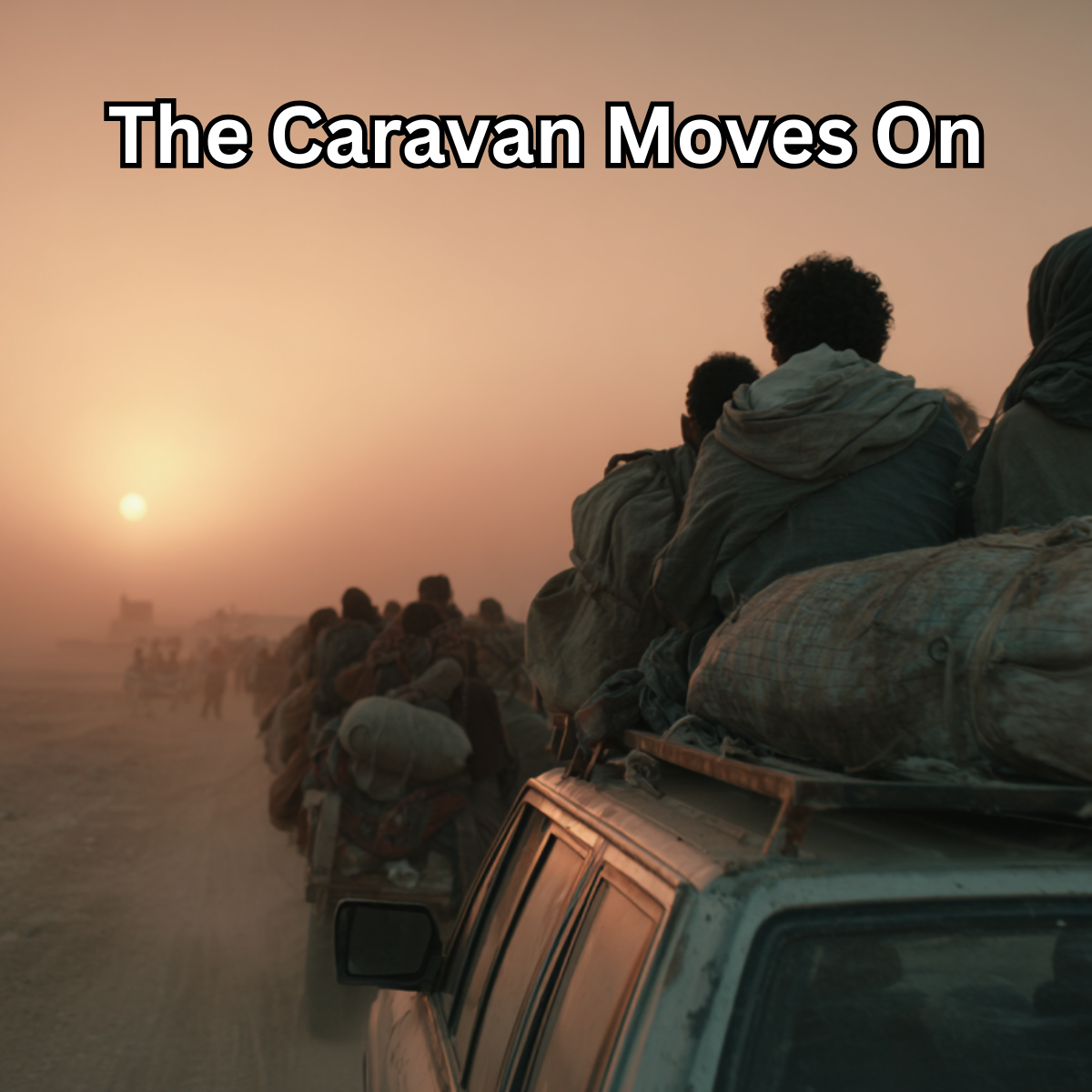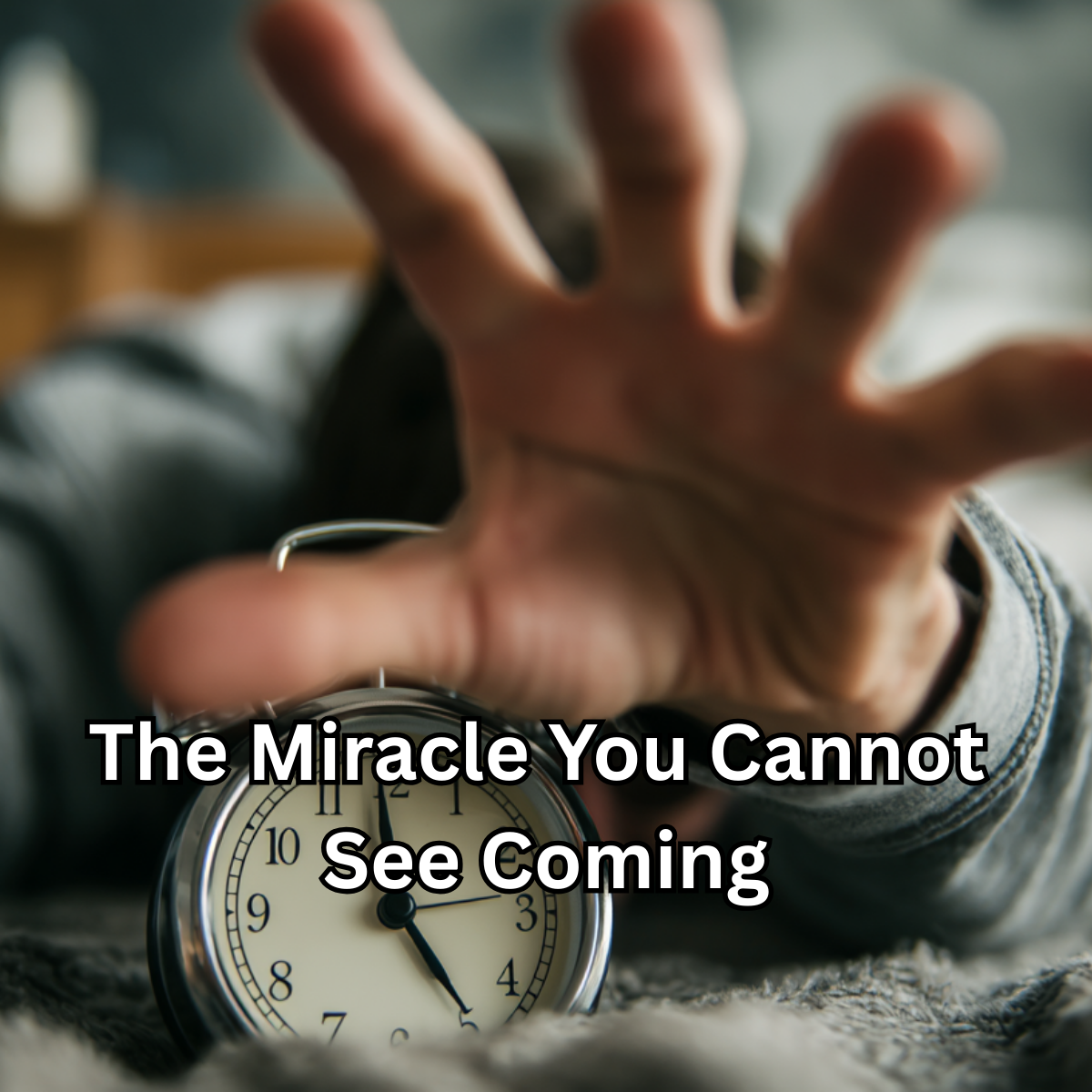One of the really interesting trends in our society is the ability to understand what is on the minds of a majority of people in our society by what they search for on popular websites, such as google. Other interesting sites, like dictionary.com, are also able to track trends and even determine what caused the trend to occur in the first place. Perhaps a political figure makes a reference to a concept, or uses a big multi-syllable word and suddenly thousands of searches occur for that particular word. Companies like twitter, can now provide heat maps of where in the world certain phrases and concepts are being referenced or talked about and how that starts to spread rapidly across the world. It is no accident that our modern day top politicians such as Obama and Trump have taken to mainstream social media as their primary avenue of knowing what topics are the hot ones to address with their potential audience. It has almost become formulaic now, due to the precision with which these tools can pinpoint the popularity, the attention, and the scope of a particular concept. They can now know with almost certainty what will drive reaction, results and recognition among populations of certain people.
Lately, such as in the State of California, governments have jumped on the Data Privacy regulation bandwagon. The desire is to protect privacy and stop individual data from being disseminated or sold for profit without the knowledge or consent of the individual. California and Facebook are now in an interesting legal debate about what really constitutes individual private data. Interesting concept, I can in my zeal to keep my life private from the prying eyes of other companies and governments, can in effect be doing the exact opposite. You see a company like Facebook, does not need to really know or understand any particular piece of identifying data about me when the trends, behavioral patterns, click response rates, buying behaviour, and fuzzy heuristics can almost predict my next few actions with almost granular precision. We have all become almost completely predictable in our anonymity. Scary, and fascinating is the new trend in block chain analytics where large companies like Amazon are able to predict individual purchases from their frequent customers with such confidence, that they will start to advance ship products prior to a purchase even being made. Would it surprise you to know, that when you start searching for something to buy, and you hit the Amazon site a few times looking at different options that the predictive algorithms have already figured out what you are going to buy, what color selection, what size, what price point and most importantly when you will make the purchase? Have you ever ordered something from who knows where in the world and found out that Amazon can have it there in 1 day? What? How is that even possible? That is because that item is already sitting in a regional location, waiting for you to move that from cart to order. The predication was that you would do so in the next 48 hours, so the Amazon intelligent software had already shifted inventory in preparation. So we have become so predictable, is anything really private any more? This is an existential question, which brings up my point.
Dictionary.com elects a word of the year ever year at this time. For 2019, they selected the word existential. It is amazing how their word almost perfectly describes the prevailing attitudes of our day. The reason that they can do this so well, is that they track the terms and phrases that people search for, how often, and what event precipitated the search. When a climate change advocate talks about how supposed man made carbon production is creating an existential crises for humanity, dictionary.com sees a spike in the number of searches for that word. When one of the democratic primary candidates uses the word existential to describe the threat he believes that President Trump is having on the world then dictionary.com will see an immediate spike. As people from all over the U.S. are using their phones and saying…OK Google…Siri….Alexa…Cortana? what is existential mean? “According to dictionary.com…..” Seriously Microsoft? Cortana? That almost feels like a desperate attempt to be popular in Middle School. Microsoft trying to be like the cool kids.
I remember my first and last attempt to be like the cool kids, when I found pennies to stick in my cheap shoes so that I could look like the kids that were wearing penny loafers. It all ended in tragedy when the kids were all sitting on this concrete wall talking about Springsteen. I thought they were talking about Springfield, made a reference to such and was laughed at. I slowly slipped away, feeling completely embarrassed and quietly threw my plastic wannabe penny loafer shoes in the trash. However, I digress. Come on Microsoft, it is time to give up on the Cortana thing. Seriously.
Hey, Jessie’s Girl was way better than Sherry Darling. I was a ahead of my time.
Anyway there are two meanings to the word existential. The first references a connotation of a threat to life itself, or the existence of a particular species or a threat to their way of life. “The rising temperatures of the northern Canadian region is an existential threat to the culture of the Athabaskan native population.” This sentence would be an example, in context, of the use of that meaning. People that want to sound important and add extra gravitas to their speeches will insert this word to provide that extra, I am smart, and therefore must be credible feel, to what they are saying. I only watched a few minutes of the democratic primary debates so far this year. I could almost, with certain precognitive ability, see into the mind of Joe Biden when the opportunity finally came to provide a summary statement regarding his ultimate rival, President Trump. Sure enough, he got it right, he used the word existential to describe the “trump threat.” His handlers must have been giving him high 5’s afterward and showing him the twitter spike his quote caused. Joe, you did it! You got a trending spike on twitter! People are wondering if you really know what the word existential means! Do not worry, Joe, bad news is good news in this business! OMG! People are distributing a meme with you saying extraterrestrial existential! We did it!
People have been floating the idea that Trump is really just a marketing genius. I seriously wonder sometimes if he just opens up his daily report from twitter.com on what topic is trending from yesterday’s news cycle and then sends some salacious comment about it just to see if he can manipulate the twitter traffic for the day. Sure enough, he let us all know that Gavin Newsom needs to stop worrying about his hair gel and really work on the homeless problem. Funny, ridiculous, we all laugh at the buffoon in the White House – that is until we realize the the top retweet from the night before was the report on the rising homeless population in San Francisco, California.
So who is being existential here? That question brings up the second meaning of the word and all of my writing up to this point has been just a fun way to build up to the reason why the word really does define our current modern lives. Sure we are all constantly reminded of all the existential threats to our lives coming from every corner of the world, but I think we are all numb to that that now. Existential, in the modern sense of the word, according to dictionary.com, says that it “is concerned with the nature of human existence as determined by the individual’s freely made choice.” Effectively, the concept in existentialism is that we as humans have agency to make our own decisions, authentic real choices, about our lives. We, being human, can question the meaning of our lives, the meaning of our very existence, and make decisions that can impact or change our behavior accordingly. The latin phase, cogito ergo sum frequently used by the French philosopher Rene Descartes is probably the most remembered concept. “I think, therefore I am.” It is no mistake that this philosophy started to emerge during the 16th century reformation period. For so many centuries, people were taught that forces beyond their control had already decided their fates. They were taught by their religions that they were on a predetermined course, that individual purpose and pursuits were evil aspirations and that their submissive servitude was all they could ever hope to aspire too. The reformation, along with the increasing educated populace due to the printed word, started to change this mindset. People became free to think, without the centuries of dogma to cloud their vision. Society became easier to live, less ravaged by food shortages, disease, and wars. As humans began to think more for themselves, and gained intelligence from the printed word, so also began the rise of individualism and as a consequence existential thoughts like, what is the meaning of life and what is my purpose here?
In the 1940s, with the rise of imperialism, socialism and far right extremism began to exert its will on society, our philosophers started to really ask the question about what role the individual must play in the course of events surrounding them. Must we stand idly by and watch the events play out around us for good or ill? Do we have any responsibility in this regard? Jean-Paul Sarte, who spend World War II in a POW Camp, became the founder of a movement which would effectively define the modern age. When your teenager uses an app like Holla or Kik to express themselves in whatever foolish way they desire, they are just manifesting the very essence of what Sarte predicted, “In fashioning myself, I fashion Man.” In his first essay on the subject, called Existentialism is a Humanism he created this concept that “existence precedes essence.” Effectively, the existentialist believes that there is nothing that is going to tell you what you are going to be, how you are going to act, what your goals are going to be, who you are going to be in life other than yourself. Only you can determine who you are going to be. To state in another way – “man first of all exists, encounters himself, surges up in the world, and defines himself afterward.”
Yeah my humiliating attempt to try to be cool in Middle School was my attempt to “surge” up into the world. Having failed completely at that, I began to really define myself and who I was going to be. Once my existence had truly been established, once I really understand where I was at in the social order, I then began to formulate the essence of who I would eventually become. Sarte was rejected by his popular society at the time. Religious philosophers ridiculed him, and even he himself began to have doubts about some of his original concepts. He was controversial because he took the stance that to be existential is to take responsibility for your own actions. He certainly was not an atheist, but he also indicated that there was no God that you could lay the blame for your sins upon. You are responsible for yourself, your own decisions, and above all your own actions. This, according to this philosophy, was a liberating and joyful realization. Freedom and the agency of humankind is the real gift of God and also the source of despair. When the realization dawns that there is no course to follow, no prescribed formula to follow, no life instructions to adopt from your pastor or priest. Quite literally, you are on your own to decide your own course in life, your own essence, to manifest your own destiny. You have been granted a tremendous gift, so stop squandering your existence and go define your own essence.
You have not been given any predefined, programmatic, or dogmatic choices to choose from. The fact remains that there are no choices to pick from at all. It is really you, and you alone that are in control of who you are and who you will become. This is what it is to be existential in nature. To stare life and all the myriad of responsibilities in the face and boldly step forward with purpose and conviction to exert your will on the world. To make this a better place and at the same time define your essence, and of what you are really going to be. This is a lifelong pursuit and it is not over until it is. Life, in all its frailty, is wonderful and exciting excursion into the fascinating and unknown realm of defining it all for yourself. That is in essence your very existence and by the same notion is the very definition of your essence – the reason that you exist.
Guy Reams



